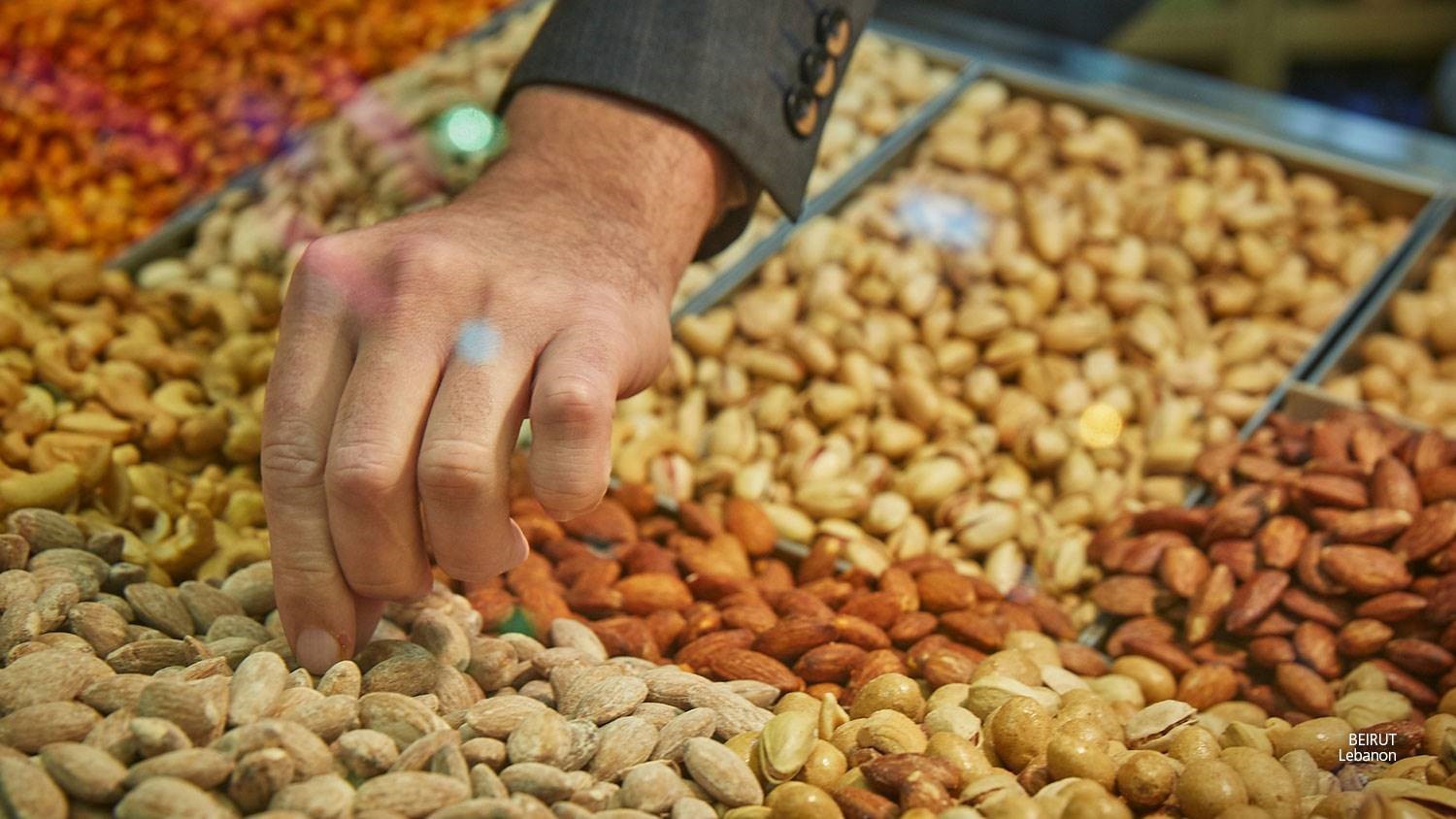The winners of ‘The Healthy Food Challenge’ have now been identified, a platform that called for innovative solutions to advance healthy and sustainable food environments for vulnerable people.
Submissions came from around the world and three winners were selected to receive funding and move forward with their proposals.
The winning solutions were selected because they are feasible and scalable ideas that address health inequality and work to create more sustainable food environments for communities that are disproportionately at risk.
Grassroots organisations, youth groups, communities of faith, public institutions and private organisations were all invited to collaborate on idea development and implementation. Participants were able to connect, engage with one another and be inspired by each other’s ideas throughout the process. After two selection rounds, the final three proposals will now receive USD 100,000 to pilot their solutions.
The challenge received more than 100 submissions from across the
globe with exceptional interest from Brazil, Portugal, and Turkey, but
also from the US, Canada, and different countries across South-East
Asia, Europe, Africa, and South America.
The winners were selected by a Global Selection Panel comprised of seven representatives specialised in nutrition, community engagement, food and climate, food systems, obesity and social determinants of health.
Brief summaries of each winner are listed below:
1. Tailored Food, Global South
Solution: Tailored Food is an organisation that researches,
develops, launches, and scales nutritious and affordable food products
for families living in extreme poverty. Ingredients are sourced from
smallholder farmers, production is driven by local entrepreneurs, and
guerrilla marketing campaigns leverage local influencers like
comedians and hip-hop stars to generate excitement around nutritious
low-cost food. With the funding from the Healthy Food Challenge,
Tailored Food will scale their innovative approach to three new
markets and will transition from a volunteer-led initiative to a fully
established and self-sustaining organisation.
2. Food from the Block, Portugal
Solution: Food from the Block is a community program that aims to
rebuild a healthy relationship to food by bringing connection,
empowerment, knowledge, and inspiration to vulnerable communities in
Lisbon. LocalsApproach, the organisation behind this initiative, is a
non-profit that develops participatory processes that engage
communities to become active drivers of local development and enable
them to transform their neighbourhoods on their own terms. Taking a
close and non-intrusive approach, the team will co-develop a set of
differentiated and complementary activities that reflect the realities
of the community and provide a direct response to the needs that they
themselves identify.
3. Healthy Schools, Healthy Snacks, Healthy Futures, Cambodia
Solution: Healthy Schools, Healthy Snacks, Healthy Futures is an initiative driven by Hellen Keller International, which works directly with communities to identify innovative, practical solutions for creating a healthier food environment inside primary schools in Cambodia. Using Human-Centered Design, the organisation will invite students, parents, educators, vendors, local leaders, and officials from the provincial health and education departments to analyse the problem of unhealthy school environments and co-create mutually acceptable interventions to pilot in three schools in rural and peri-urban areas of Kampong Speu province.
Addressing systemic food challenges is one way to contribute to preventing obesity, and the world must collectively do more to create healthy and sustainable food environments.
With ‘The Healthy Food Challenge’, three solutions have been
identified that hold the potential of being scaled to advance
healthier, sustainable food environments for people who are
disproportionately vulnerable.

The Healthy Food Challenge is an initiative launched by Novo Nordisk in collaboration with EAT. The purpose was to find, pilot and scale solutions to prevent diabetes and obesity.
Today, one in every 11 people in the world is living with diabetes, a figure that is projected to rise to one in nine by 2045[1] unless action is taken. Obesity is the largest modifiable risk factor for developing type 2 diabetes, and today more than 650 million adults and 120 million children are living with obesity[2].
Food is the strongest lever to optimise human health[3]. However, one immense challenge facing humanity is to provide a growing world population with nutritious, safe, and affordable foods. Unhealthy food environments are one of the leading causes behind unhealthy diets and socio-economically deprived areas are more likely to have limited availability of affordable and healthy food[4].
With this innovation challenge, it is our ambition to advance healthy and sustainable food environments for vulnerable people across the globe.